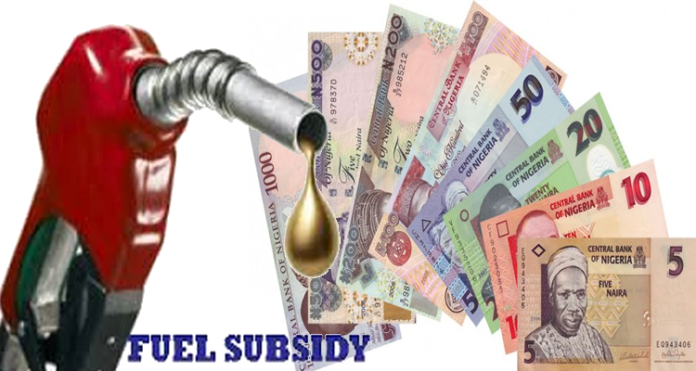- Your cart is empty
- Continue Shopping

Nigeria’s Fuel Imports Decreased from 205,200 To 106,000 Barrels Per Day
The amount of fuel imported into Nigeria decreased significantly, from 205,200 barrels per day in May 2023 to 106,000 barrels per day in July of that same year.
According to a research from S&P Global Commodity Insights, this is the case.
Following the termination of petrol subsidies in May 2023, the decrease in fuel imports into the nation indicates a decline in the demand for the good there.
The S&P research claims that Europeans are being negatively affected by Nigeria’s decreased petroleum demand. They have, however, managed to find a workaround.
A part of the report stated: “The subsidy removal has shaken up longstanding arbitrage for European refiners. While Nigerian demand has diminished, other destinations have picked up the slack.
“The US Atlantic Coast made up 28% of total gasoline exported from the Amsterdam-Rotterdam-Antwerp region in July amid persistently low stocks, according to Kpler shipping data, increasing its share from the low teens almost in tandem with the shrinking Nigerian demand.
“As a result, European refiners have been unfazed by sinking demand in West Africa. European traders already faced being crowded out by Russian refined products that have flooded into Africa – including Nigeria – since the onset of the war in Ukraine saw European countries boycott Russian oil products.
“Yet even Russian exports to Nigeria have fallen sharply since the fuel subsidy was scrapped.”
Following the elimination of the subsidy, Nigeria’s fuel consumption fell to 46.38 million litres per day, according to the Nigerian Midstream and Downstream Petroleum Regulatory Authority (NMDPRA).
Farouk Ahmed, the chief executive of the Authority, stated that this statistic reflected a 35% decrease from the 65 million litres per day that it was before subsidies were removed.
He supplied the following monthly fuel use information in 2023 during that time:
The daily fuel usage in January stayed steady at 62 million litres, and this trend continued into February. However, the demand for petroleum increased significantly in March, reaching 71.4 million litres per day.
The numbers for the following months varied, with April recording a daily fuel usage of 67.7 million litres and May coming in at 66.6 million litres.
As the summer progressed, consumption of petrol began to diminish in June, falling to 49.5 million litres per day. This downward trend continued into July, when consumption fell to 46.3 million litres per day.
Nigeria aims to implement a compressed natural gas (CNG) revolution as an alternative to fuel because of the country’s high gas station costs that have resulted from the elimination of fuel subsidies and the general public’s difficulties finding affordable transportation. At the earliest, the gas revolution will start in 2024.
Source: Allnews Nigeria
